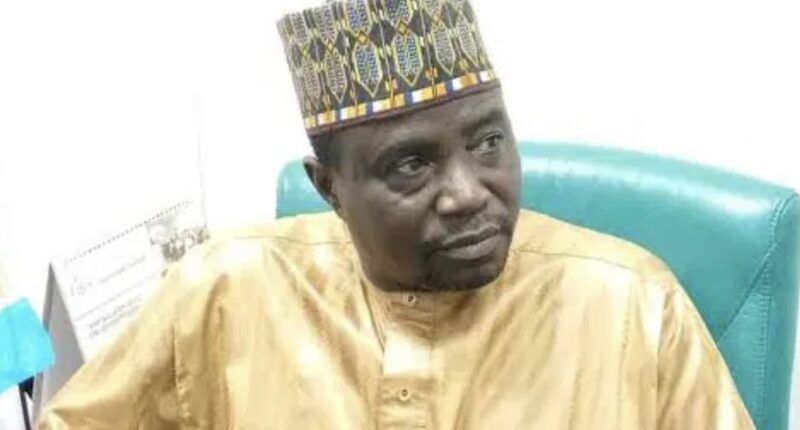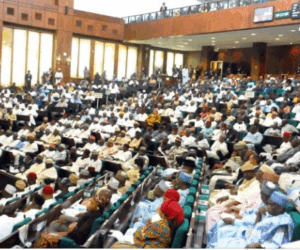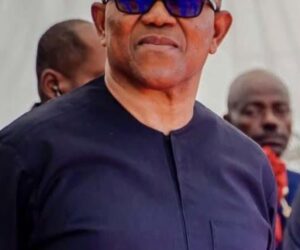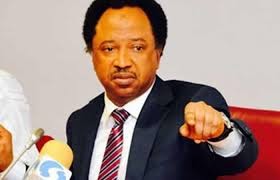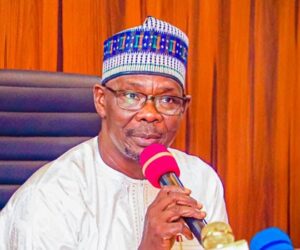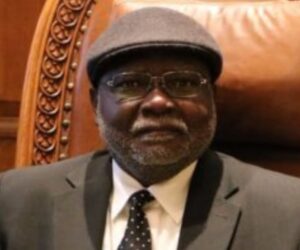The House of Representatives has demanded that one of its members, Rep. Ibrahim Usman Auyo (APC, Jigawa), substantiate his controversial claim that lawmakers pay between ₦1 million and ₦3 million to present bills, motions, and petitions on the floor of the chamber.
The allegation, made during a meeting with constituents in Jigawa State, has sparked widespread outrage and renewed concerns about the integrity of Nigeria’s legislative process.
Auyo, representing Hadejia/Auyo/Kafin Hausa Federal Constituency, made the remarks in response to criticism from constituents over his limited record of sponsoring bills since his election in 2015.
In a viral video, he claimed, “Even the bills and petitions are paid for. You have to pay from ₦3 million, ₦2 million, or ₦1 million to present it. And after you present the bill, you must lobby the whole 360 members of the House to accept it.”
He further stated that no constituent from his district had approached him with a bill to sponsor, dismissing their complaints as pretense.
The House, in a swift response, issued a statement through its spokesperson, Akin Rotimi, describing Auyo’s allegations as “unsubstantiated” and damaging to the National Assembly’s credibility.
Rotimi emphasized that the legislative process is governed by transparent procedures outlined in the Constitution, House Standing Orders, and parliamentary ethics.
“The insinuation that sponsoring a motion or bill is a ‘contract job’ involving bribes is inconsistent with these processes and must be clarified,” he said.
The House has summoned Auyo to provide evidence for his claims when it reconvenes after its current recess in September.
Failure to substantiate the allegations will result in the matter being referred to the House Committee on Ethics and Privileges for further investigation and potential disciplinary action.
“Statements of this nature must be backed by verifiable facts and presented through appropriate parliamentary channels,” Rotimi added, underscoring the House’s commitment to upholding the dignity of the legislature.
The controversy has reignited public debate about transparency in Nigeria’s National Assembly, which has faced recurring allegations of corruption, including budget padding and bribery scandals.
Click to signup for FREE news updates, latest information and hottest gists everyday
Advertise on NigerianEye.com to reach thousands of our daily users

